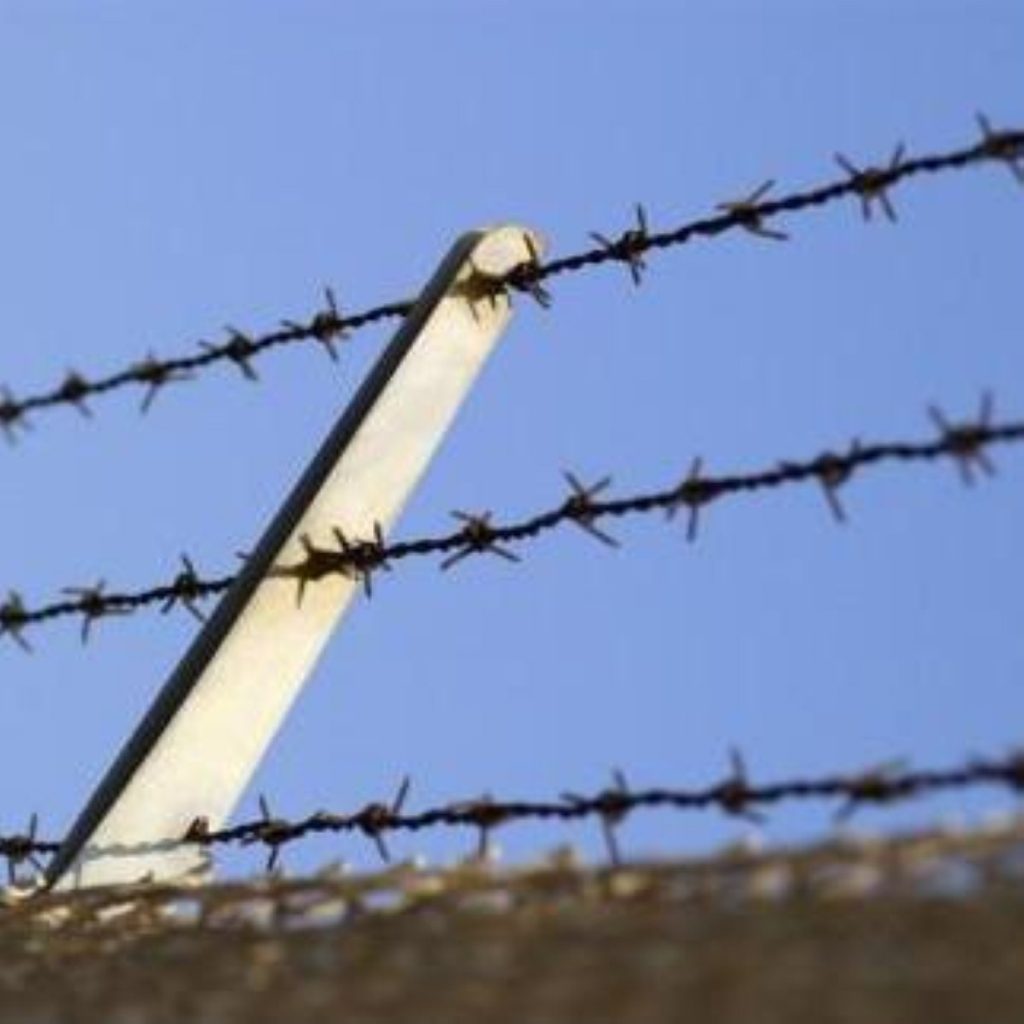Prison officers suspended over corruption claims
Fourteen prison officers have been suspended from a north London prison over corruption claims, the Prison Service has revealed.
An investigation has been launched into the allegations at HMP Pentonville, while the number of prisoners held at the jail has been “briefly” reduced to take account of the fall in staff levels.
“I will not tolerate staff corruption of any sort, by any member of the Prison Service,” said chief executive Phil Wheatley.
“Allegations of corruption will be investigated thoroughly and where evidence is found to support those allegations the appropriate disciplinary action will be taken.”


Today’s revelation comes just two weeks after a leaked report by the Metropolitan police and the Prison Service’s anti-corruption unit suggested more than 1,000 officers working in jails in England and Wales were corrupt.
At the time, Mr Wheatley acknowledged corruption was a problem in the “closed world” of prisons, but rejected the suggestion that it was widespread.
The report, leaked to the BBC, suggested that hundreds of officers were smuggling drugs and mobile phones into prisons, while others were taking bribes from inmates to transfer them into less secure prisons.
A Home Office spokeswoman said the governor of HMP Pentonville had this morning decided to suspend 14 officers “following allegations of corrupt behaviour”, although she refused to elaborate.
Senior governors from other London prisons would lead the investigations into the officers’ behaviour, she said, adding: “If any alleged or otherwise suspected criminal activity is uncovered during the investigation, relevant information will be passed to the police.”
In the meantime, the spokeswoman said Pentonville was “briefly” reducing its operational capacity – which stood at just under 1,200 in January this year – to ensure the prison can cope with the drop in staffing numbers.
Colin Moses, national chairman of the Prison Officers Association (POA), called for the police to investigate the allegations of corruption to ensure that the officers concerned were given a proper chance to defend themselves.
Internal investigations only require a case to be considered on the balance of probabilities, he noted, in which someone is more likely to be found guilty than under the criminal test of beyond all reasonable doubt.









